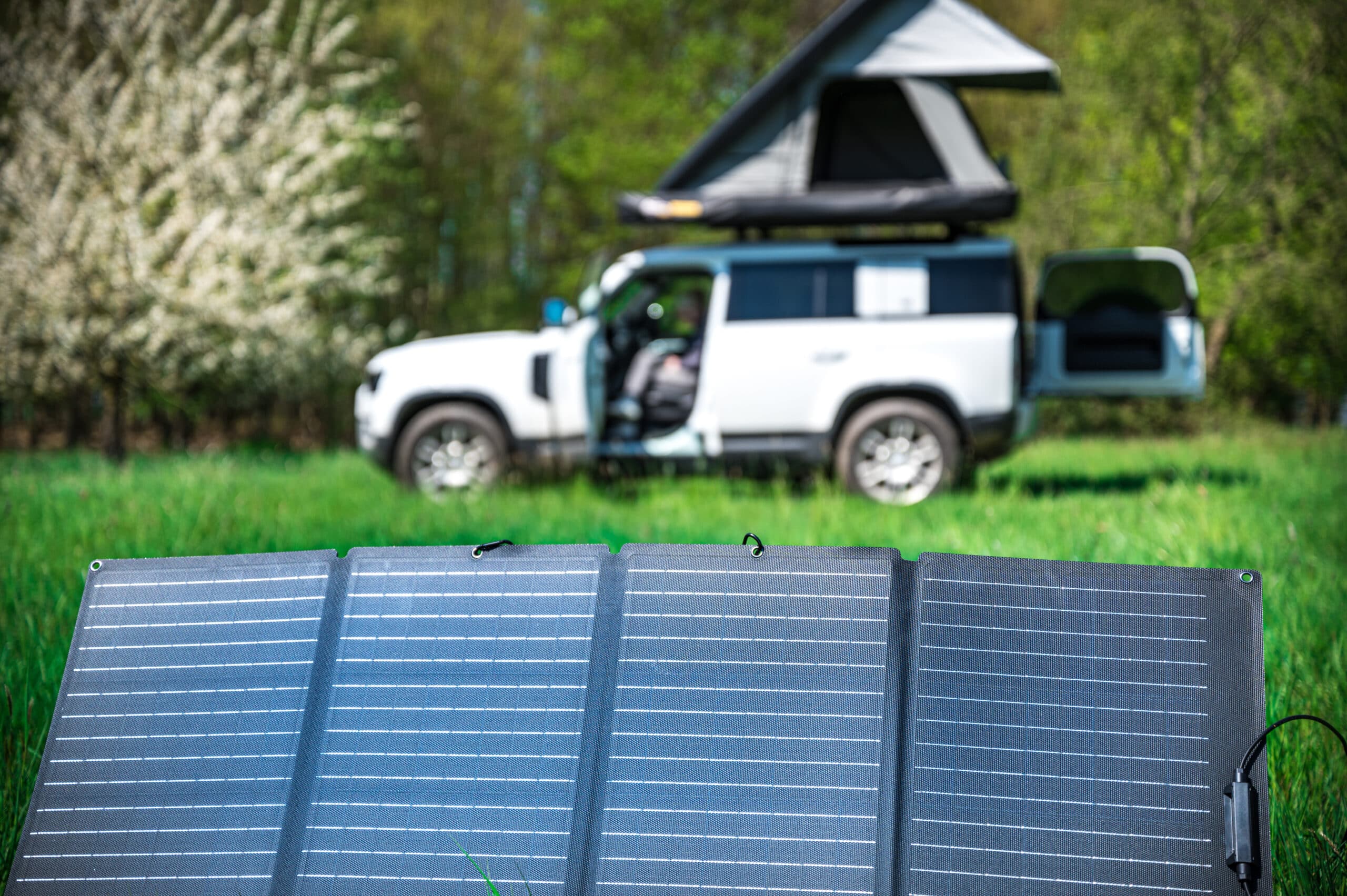
Free monthly entries to ALL giveaways
+1 every month
+5 every month
+10 every month
5%
125
150
350
100
100
50
Cancel membership anytime
Terms apply
apply

Written by
Admin
Published
August 20, 2024
Off-roading is an exhilarating pursuit for adventure enthusiasts seeking to explore uncharted terrains and natural landscapes. However, the growing awareness of environmental concerns compels the off-roading community to consider the sustainability of their activities. With the right practices and mindful choices, it is possible to enjoy the thrill of off-roading while minimizing the ecological footprint of your adventures.
Before venturing off into the wilderness, adequate preparation with a focus on sustainability can make a significant difference. Look into equipping your vehicle with tires designed for efficiency and durability to reduce the need for replacements and the accompanying waste. Many tire manufacturers now emphasize on using recycled materials and more eco-friendly production processes, aligning with green trends in the automotive industry.
On a similar note, the use of solar panels and portable energy storage units is an up-and-coming trend, allowing adventurers to harness renewable energy for powering electrical accessories. This trend not only reflects the shift towards sustainable energy but also enhances self-sufficiency on off-road trips.
When it comes to modifications, it’s imperative to balance performance upgrades with environmental consciousness. Consider modifications that improve the efficiency of your vehicle such as better air filters and exhaust systems that can help in reducing emissions.
The Tread Lightly! principles provide an excellent framework for sustainable off-roading, advocating responsible practices that prevent unnecessary damage to the environment. Staying on established trails and avoiding sensitive ecosystems are foundational to protecting the natural habitats and wildlife. Data trends suggest that the continuity of off-roading activities heavily depends on the proper stewardship of these natural areas.
Furthermore, the Leave No Trace ethic is essential; always take with you any waste produced during your trips, including non-biodegradable items like plastics and glass, as well as organic waste which can disrupt local wildlife feeding patterns. Historical stats have shown that areas with high visitor compliance to Leave No Trace principles exhibit lower environmental degradation.
Promoting sustainable off-roading isn’t just about individual actions; it also encompasses supporting clean-up efforts and habitat restoration projects, which have seen increased participation from off-road clubs and organizations recognizing the need for an active role in conservation.
Looking forward, the automotive industry is experiencing a surge in electric vehicle (EV) adoption, and this trend is making its way into off-roading vehicles as well. Electric off-road vehicles promise to significantly reduce the carbon footprint of off-roading by eliminating tailpipe emissions. The likes of the electric 4×4 platforms can be seen as a revolution in making off-roading compatible with environmental conservation strategies.
Adopting sustainable practices in off-roading isn’t just about contributing to environmental protection – it can also enhance the adventure experience. Ensuring that the trails and landscapes we enjoy today continue to thrive means these experiences can be shared with future generations of adventure enthusiasts. Embrace these changes and become a pioneer of sustainable off-roading, setting a positive example for the off-road community. Whether through utilizing green technology or practicing eco-conscious trail use, every step taken to protect our natural playgrounds is a leap towards a more sustainable and rewarding adventure lifestyle.